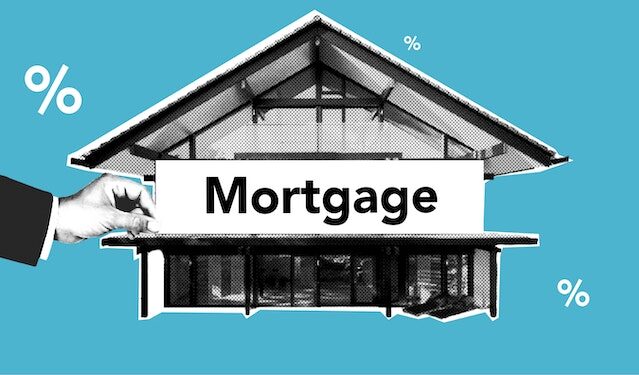When choosing a home, you should set a budget. This will allow you to cut back on the expenses that you do not need. For instance, you may be paying a monthly fee for a subscription you do not need. It would be best if you also unsubscribe from any services that you no longer need.
Saving for a down payment
As with any major purchase, saving for a down payment is crucial. It can be difficult to come up with the money for a down payment, but there are several ways to make the process easier. First, develop a financial plan. Pay off your debts, make a realistic budget, and trim any unnecessary expenses. Next, start saving for the down payment, this may involve finding the fastest way to sell your house. Although it may take years to accumulate enough money, it is essential to have a down payment because the amount of your home loan will be based on it.
Once you know how much you can afford to spend each month, you can determine how much you need to save for a down payment. A mortgage broker can estimate how much you’ll need to save, and the down payment size will depend on your budget.
According to the experts at TheMLSonline, the typical down payment is 20 percent of the home’s total cost. Once you know how much you can afford to put down, the next step is to get pre-approval. This process will allow you to determine whether you can afford a house.
Choose a high-yield savings account when you start saving for a down payment. This type of account will grow your down payment much faster than a traditional savings account. Another option is to set up automatic monthly contributions.
Calculating your debt-to-income ratio
Calculating your debt-to-income ratio is an important step when buying a house. This ratio measures your creditworthiness and financial stability. It is a simple calculation based on your monthly debt payments and income. Mortgage lenders require a debt-to-income ratio of 36% or less.
To calculate this ratio, you must add up all of your monthly debts and divide them by your monthly income. For example, if you earn $2,500 per month, your DTI would be 36 percent. Likewise, if you make $7,000 a year, your DTI would be 63 percent.
Fortunately, there are ways to lower your DTI when purchasing a house. You can make extra down payments or pay off your credit cards. You can also try to buy a cheaper home and reduce your monthly mortgage payment. If unsure, you can consult online mortgage calculators to determine your affordability.
Besides making extra payments, you can improve your income by taking on a part-time job. Even a part-time job can earn you hundreds of dollars each month, lowering your debt-to-income ratio. Some part-time jobs can include house cleaning, handyperson work, or even driving for Uber. If you’re a stay-at-home spouse, you can also offer to watch other people’s children. You can even advertise on a community Facebook board that you’re looking for someone to watch your kids.
Getting pre-approved for a mortgage
Getting pre-approved for a mortgage is a crucial step to take when buying a home. The process may be faster if you have all the necessary documents prepared. Getting pre-approved can also help you avoid a big surprise when home shopping. It would be best if you always had at least three to six months’ worth of expenses in a savings account.
Getting pre-approved for a mortgage doesn’t mean that you can borrow as much as you want to. Overborrowing was one of the major causes of the housing crisis in 2008, with many families losing their homes due to unsustainable mortgages. It’s important to work with your financial advisor and realtor to ensure your expectations are within your means. A mortgage affordability calculator is an excellent tool to help you determine how much you can spend on a new home.
Getting pre-approved for a mortgage before buying a house will give you a competitive edge. A pre-approval letter from a lender confirms that the lender has assessed your finances and determined that you can afford a certain amount. Pre-approval letters will be good for 90 days, and you can use them to shop for a house.
A pre-approval also gives you a competitive edge in a seller’s market. When you have pre-approval, sellers are likely to accept your offer. The pre-approval process will also speed up the closing process.

